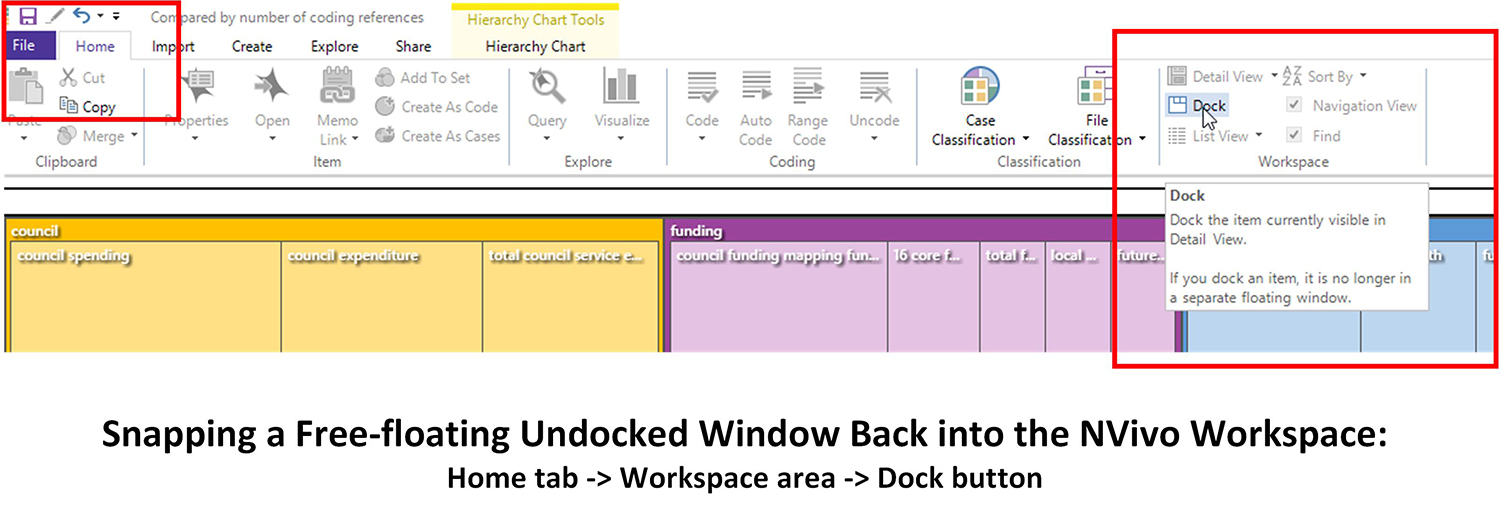


These applications can export clean texts with coded tags. The smartness that TB pack is not there (yet).Ī better option I have been thinking about is using TB alongside a dedicated QDA applications such as ATLAS TI and Maxqda. But, there are things I would miss in a QDA application. The system is built to zoom into (focus, magnify) the pieces of concepts (which could be a mere word, a sentence or paragraph inside a word document, a text file, or a PDF document even within a video). Concepts start to live by themselves in qda applications because I can code them, write a complete story about them I can develop them fully. I want to compare the concepts, not necessarily the paragraphs. It can break paragraphs but, cannot see concepts. Furthermore, the explode machine is mechanical. But, the process could be hard to maintain in the long run. Devonthink made the process a bit smoother as it accepts Markdown files (best export format for Skim) and converts them to rtf files (best import format for TB). I personally have been doing it for a long time. The standard process is we have to export annotations and explode them in TB. Sense created the best environment as it was able to break annotations into small chunks. We need some means of annotating and exporting text files from PDF sources to use the power of TB. TB not very much friendly with PDF files. My position has been TB requires a lot of processes (like, turning your documents to Doc or other text files) to serve as a qda application. You can see the thread in here for example. I myself have been wondering about this for a while. I remember a similar issue has come up in the old forum–whether to use NVIVO or TB for data analysis-mostly for getting concepts and conceptual connections in documents. Ragan mentioned using TB in place of Maxqda.


 0 kommentar(er)
0 kommentar(er)
